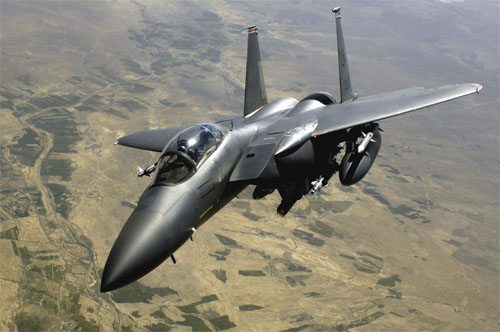Voice of America News , By restarting a uranium conversion facility, Iran is risking incurring international action, including possible sanctions. But how big a risk is Iran really taking?
When Iran started threatening to restart its suspended nuclear conversion site at Esfahan, there was much talk in international political and diplomatic circles about the consequences of such an action. Last week there were statements and letters from member states of the European Union, which is trying to negotiate an end to Iran's nuclear ambitions, about hauling Iran before the U.N. Security Council to face possible sanctions.
Shaul Bakhash, a history professor at George Mason University in Virginia, says Iran is gambling that it can squeeze more concessions from the Europeans.
“They want to show that they are not all satisfied with the proposals that they have received from the Europeans because Iran's right to fuel enrichment is not recognized, and because I believe they find the promises the Europeans have made in relation to trade and other incentives are far too vague to be reliable,” said Mr. Bakash.
Kenneth Katzman, senior Iran analyst at the nonpartisan Congressional Research Service, says that Iran's startup of its suspended nuclear fuel conversion is designed to test Western solidarity on the nuclear issue.
“Well, I think Tehran is testing,” he said. “They're testing the defenses, they're testing the solidarity, they're testing the resolve of the Europeans, the European-American alliance, on this issue. They're trying to see how much stomach there really is to take this to the [UN] Security Council and impose sanctions.”
Iran insists its nuclear ambitions are only for producing energy, but the United States and other nations have been openly skeptical and believe Tehran eventually seeks to build a nuclear bomb.
Britain, France, and Germany have been negotiating with Iran on behalf of the European Union.
President Bush said Tuesday the United States is solidly behind the European negotiating effort now, but made clear that it is not dropping the idea of seeking U.N. sanctions against Iran.
“In terms of consequences if the Iranians continue to balk, we'll continue to work with the EU Three,” said Mr. Bush. “In other words, they're the lead negotiators on behalf of the free world. And we'll work with them in terms of what consequences there may be. And certainly the United Nations is a potential consequence.”
But how much punishment is Iran really risking? Not much, according to some experts. The most punishing sanctions would be to Iran's energy sector. But to hit Iran where it hurts would similarly hurt the countries imposing the sanctions. As the Congressional Research Service's Mr. Katzman points out, Iran is gambling that no nation will want to take such a self-destructive action, especially at a time when oil prices are at an all-time high.
“I think that there's calculation in Iran that the really fearful sanctions, such as banning purchases of Iranian oil or banning investment in Iran's energy sector, those would not be imposed,” explained Mr. Katzman. “Oil prices are simply too high, and there would not likely be a consensus on such strong steps. So any sanctions that are likely would probably be diplomatic sanctions, reducing Iran's representation abroad, et cetera. And Iran may be prepared to stomach that to preserve its options on the nuclear front.”
Mr. Katzman says Iran is gambling that it can thus live with whatever punishment might be imposed by the Security Council, should matters come to that.
Mr. Bakhash adds that policy on such a sensitive matter is being decided at the highest levels of Iran's leadership, meaning Supreme Leader Ali Khamenei. New President Mahmood Ahmadinejad is widely believed to have little independence on the issue, but his views on Iran's nuclear program mirror those of Mr. Khamenei.









